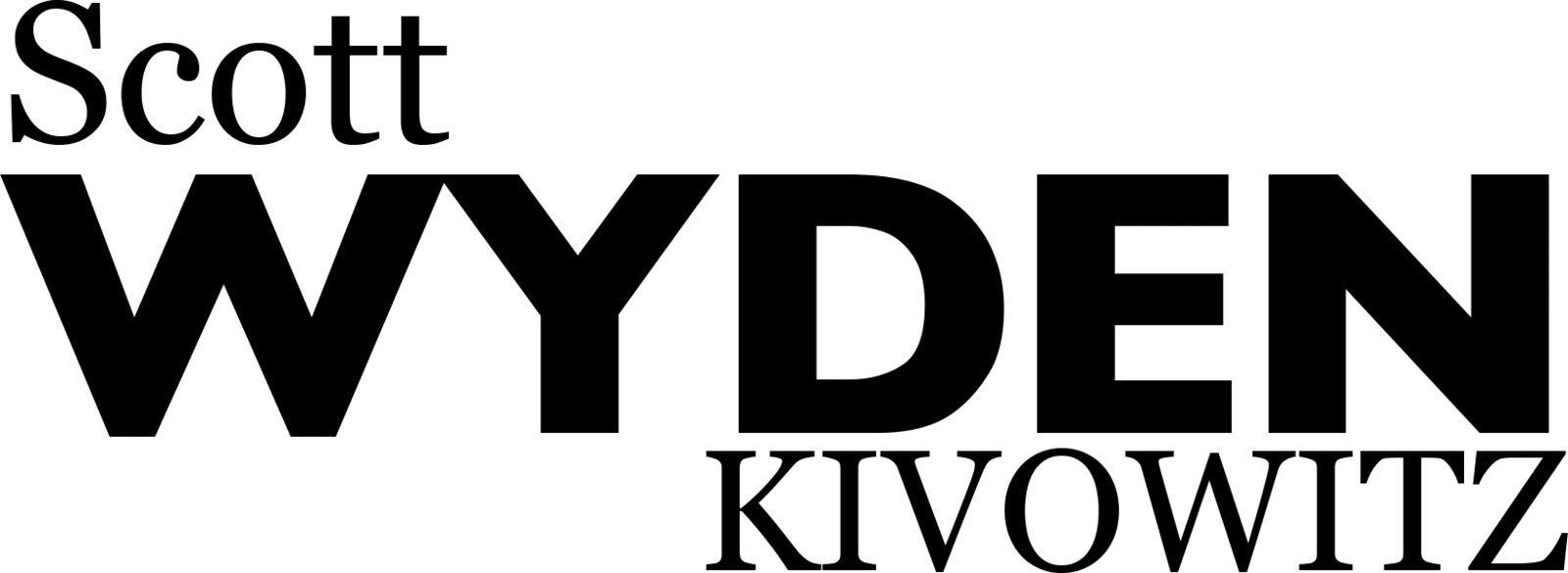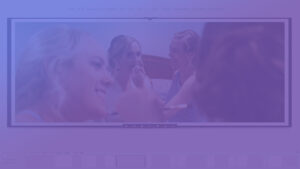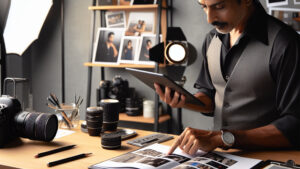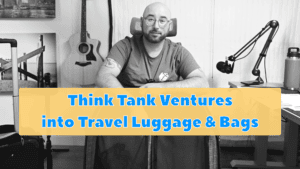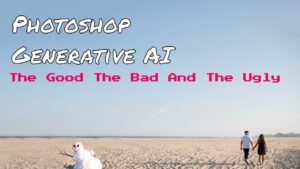I was recently asked how I got into photography and what my gear was when getting started. So I decided to share my story with you. In this video, you will learn exactly how I became a photographer and some of the things I went through to get where I am today.
Transcription was done by Descript‘s automated transcription services which means it’s an AI-generated transcript. The transcript may contain spelling, grammar
It’s been awhile, but I’m here. Hey, this is Scott White and people with us storyteller with a camera, talking about all the things photographers like you and I are thinking about. And in this video, we’re going to be doing something a little different. So I got a request from someone in the community and the request was to share my background of how I started in photography and the early gear that I had way back in the day.
We’re going to dive into this with a little story time. So here’s my story. Growing up, my grandfather was always taking pictures of me, my brothers, my family. He come to games. He come to events, my music performances, whatever it was. Yes. I was a musician before I was a photographer. I still play. Growing up.
I actually played clarinet in middle school and in high school. And I actually got into Berkeley college of music in Boston, Massachusetts because of the clarinet. And then when I got there, I actually switched to bass guitar, but that’s how I got it. My major at Berkeley college of music was music recording.
I wanted to be a recording engineer and actually own a music recording studio and record bands and whoever. And then that’s what I want to do for a living basically. So it turned out that music recording requires heavy experience, knowledge, expertise. In music theory, I cannot stand music theory. I can’t just drives me bonkers.
So I was in college. I decided I’m going to transfer back home and I’m going to figure some I’m going to, you know, figure something out, find a school that has music. Degree and go there transfer back home, found a county college that actually offered music recording as a degree, and turns out has one of the best music recording programs in the whole state.
I did that for another year or so and turned out that they also required a lot of music theory, but they didn’t require until we got later on the program. So I found out the hard way that I was wasting time. So then after talking with friends and family, I decided to switch to photography. Now this goes back to my grandfather, always photographing me and my family when we were younger.
Now, when I was in high school and I was offered photography as one of the classes, I took photography for multiple years and my grandfather actually gave me my biological father’s car. It’s this old Fuji, this is the camera. It has a light meter sitting on the hot shoe. It has a, what is this? 50, 50, 55 millimeter lens on it.
It’s got the rapid winder on here and yes, it’s on a tribe, little tabletop tripod. I have my fathers, my, my biological father has camera and my grandfather’s camera, which you’ll see in a sec. Both sort of just on display on a shelf. I don’t use them. This one went up having a light leak. So every photograph I’ve ever made with this had a light leak.
I didn’t want to have it repaired. I just wanted to have it as it was when he had it. So that’s, that’s what I have right now. Right. So this was my biological father’s camera. This was my first ever real camera first. So we had this Fuji camera. That was my biological father’s that my grandfather gave me.
And that’s what I used basically in high school. And that’s what I used when I was photographing bands. When I went to see shows and stuff like that. Yes, during all this time, I was still playing in bands, going to see bands, doing all the musics, all that music stuff and having a blast. And I was photographing a lot of bands.
Every chance I could get. And then fast forward to when I was unhappy with music recording, as my degree, I talked to friends and family and I decided to switch to photography. It turned out to the same college. I was going to this county college, the one that had one of the best music recording programs also had one of the best photography programs in the state.
This school had a. Black and white dark room. It had a color dark room, mind you for negatives. And for prints, it had a digital lab with a whole bunch of Mac pros at the time. These were like the, even before the cheese grater Mac pros, this is a long time ago. And you know, like talking Photoshop on this, everything, right.
This is also pretty light, right? And it also had enough hustle blondes for every student to rent, basically to have for the whole semester, for each semester. And it had enough large format cameras that you can partner up with one, at least one person and rent it whenever you need to have for projects and things like that.
This school was fantastic in the photography. Now, of course, it meant that I had to do photography theory, but unlike music theory, I’ve really enjoyed photography theory. So I’m doing this photography program and enjoying every single part of it. And there was a point where I needed to transition into digital.
This was when I was in college is right when digital was becoming the big thing that you need to be doing. Now the school was still forcing us to learn film and film photography, including large format photography. It was amazing. I loved it. I loved that. I had to learn that. I feel like that made me a better photographer because they had to understand how everything works.
So I convinced my mother to help me get my first digital camera. My first digital camera that I could actually control the camera. It was not a DSLR. It was not a diesel. This, this is the Olympus, well, man, I’m, let’s see, 40, 40 Olympus, 40, 40. This thing would actually allow me to manually control the camera.
There’s no like dials for ma for aperture and stuff, but there was buttons that I could control it with. And it had this sort of lens adapter that I could actually put on filters or whatever I want. It had an F 1.4, 1.8 lens and zoom in it. There was even an attachment that I can, I can hook up a external flash.
I had that in and it took, oh, there’s a PC port. There’s a PC port. That’s what it is. And get actually takes smart disc cards, which mind you were vulnerable to x-ray machines. The way I found out that smart disc cards were vulnerable to x-ray machines is because I went on a trip to the grand. Yeah.
And I photographed a lot of pictures. I did a whole photo project there of rock formations that look like animals. I get back and that car is completely wiped out. I didn’t format it. My friend that I was with at the time did not format it. It was the x-ray machine. I had the and eventually we started doing full studio work.
This is when I started learning about studio stuff and I started apprenticing for two photographers that were local to where I live with it. And they were both portrait photographers and they were amazing. And they were both Canon photographers. And I felt like I needed something more than what this, a little Olympus technically appointed shoot could do for me.
Now this point and shoot was $1,100 at the time. Now you can get a point and shoot like that for under a hundred dollars. I said to my mom, I need to upgrade. I need to get a DSLR camera. It allows me to change. Lenses allows me to do more. That will be faster and higher resolution and things like that.
And at the time now mind you, I had Nichol lenses because my grandfather gave me some lenses and he told me go Nikon. So Nick guns in my blood and at the time. The camera that was the best to get was the Kodak 14 N something like that. It was a DSLR camera made by Kodak that used a Nikon Mount.
They also had a Canon Mount version and they had a Fuji Mount version. It allowed you to use any of your lenses from those manufacturers, depending on which model. On this Kodak body, it used a compact flashcard and was 14 megapixels, which was amazing at the time, had all the bells and whistles that a DSLR would have, but was extremely slow.
Still. Now I don’t have that camera anymore. I do have the box. I don’t have the camera anymore. That was my first DSLR. Now a few years, a few months, maybe later Nikon came out with the D 100. Which would have been way better. This code at camera was complete junk, sadly, but it was my start into the, into the world of DSLR.
It was so bad that even the sensor, you could see this, the lines in the grid and the sensor in the photos. It was so bad. It was so bad. Yeah. You think that the company who invented the sensor used in cameras would make good sensors. They didn’t, but. So the Kodak, CIF 14 N or whatever it was called, DCS 14, N something like that was, was my first DSLR camera.
And then eventually I sort of downgraded because that camera was like $6,000 at the time. My parents literally used the rest of my college money to pay for that camera. And then counties. I actually got a student loan to finish paying for college after that. Now the next camera I got was technically a downgrade, but also an upgrade because downgrade, as far as it was like a more of a consumer level camera than a professional lover level camera, the Nikon D 70 was my next camera.
And you would think that’s a downgrade, but really it was an upgrade because the Nikon D 70 was way faster, better resolution than this Kodak that cost me $6,000. So I’m working with these two photographers and I’m their assistant setting up lights, helping get everything together you know, carrying things.
And I had a blast. I learned so much from them. And then I got a job offer to be a photo assistant for a forensic photography company, a company that gets hired by attorneys. To photograph either a crime scene or an accident or some sort of document or anything like that, that has to be certified for legal purposes.
So I was doing that for awhile. And then as I was finishing up college, I got hired by a camera store that was in my hometown. And this camera store also has a repair service. And as part of that as a warranty company, they’re very large warranty company. And I worked there for six years. I was allowed to take on photo jobs and take days off to do photo jobs.
I would do it on the weekends, whatever at night, and I’d build my portfolio while also having access to borrow or renter by quality. And slowly I would upgrade what I had because I had the ability to get employee discounts on stuff or borrow or rent, depending on what it is. I would be able to do that.
So I built up my portfolio by using what I had available to me. From my employer and also by assisting and getting gigs from referrals where wherever I could, and at the same time, still playing in a band, still touring when I can and still photographing bands, which also helped me get bands in my portfolio for like press photos and things like that.
So I use what was available to me from all aspects of my life, in order to build on my portfolio again, whilst also slowly upgrading the camera I had slowly, but surely as I could, from this crappy Olympus to this crappy Kodak to then an icon D 72, then I think I even went to the D 700 D S D 800. I even had a D one at a time where a D two.
Cause I wanted the pro body. And then I realized I liked the smaller bodies better than I liked the big clunky bodies. Hence why I’m now using a mirrorless Nikon Z seven two is what I’m filming on right now. I use an icon C6 and C7 to rate right now as my main cameras, lighting wise, I have bounced back and forth between a bunch.
There was a time where I had eat Nikon SB 800. That I would use as individual lights or sort of combine them into a group of light, through a soft block or something like that. I have gone to strobes, I’ve gone to tungsten, I’ve gone to LEDs. I’ve got a little bit of everything, but again, I’ve upgraded from low, low quality ones to better ones over the years.
Now, my go-to is basically the go docks. 8,600 pros are my main lights and then I. Small strobes as fills. I’ve got a bunch of different led lights and mainly use that for headshots and for video. But I’ve got those available to me as well. So one thing I forgot to mention is that along the way, my grandfather gave me his Nikon F when he decided to go digital and actually got the Nikon D seven 50, I believe it was.
So when he went digital I inherited his Nikon F and L and all the lenses and the flashes he had and all, all the equipment that he had for the film days when he transitioned to digital, I don’t use it. It does have film in it. It does work, but I don’t use it because I cherish it too much and I don’t want to risk doing anything to it.
So with that said, thank you for asking this question. Thank you for listening. Listening to my story. My journey, if you have any questions, if you need help with your story, with your journey, if you want to know more digging into more about equipments or, or, or anything. My, how I got from, from doing band photography to now doing proposal photography, whatever it is, if you have any questions for me, please comment, please send me an email.
I’d be happy to make more content for you. Answering those questions soon in the meantime. Thank you for watching and I’ll see you in the next video.
